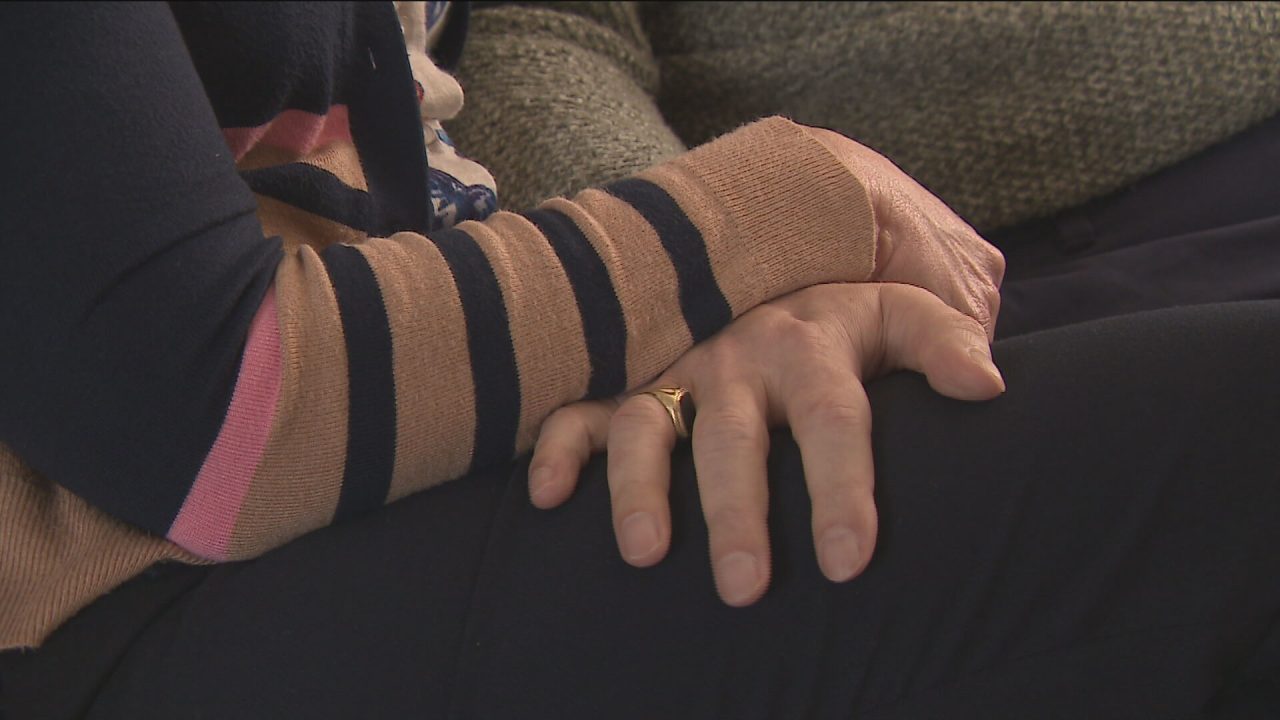A charity has called for the door of opportunities for Scotland’s unpaid carers to be unlocked amid fears over barriers they face.
A new report published by Carers Scotland and authored by the University of Strathclyde has highlighted the challenges faced by Scotland’s unpaid carers looking to enter the labour market.
The study, which included a survey of 320 unpaid carers and focus groups with unpaid carers and representatives from the employability sector, found that 69% of unpaid carers wanted to be employed as it meant that they could lead a life beyond caring, with over half (55%) wanting to increase their earnings beyond just covering bills.
However, one third of carers (32%) in the survey stated that ‘carer discrimination’ was a specific challenge to entering and remaining in employment.
Many carers (62%) also described the number of hours they needed to provide care for as a barrier to employment, 59% worried about employers not understanding their caring role and its demands while 49% had worries about the lack of flexible working options available to them.
Many unpaid carers also described failing support from social care as a barrier to entering the labour market with 42% of unpaid carers describing not having access to social care or replacement care.
The report includes a number of recommendations and Carers Scotland is calling for the Scottish Government to commission a new employability action plan focused on unpaid carers to deliver those recommendations.
It is also calling for unpaid carers to be considered a priority by local employability partnerships across Scotland leading to more specific support for carers that reflect their needs.
Richard Meade, Director Carers Scotland said: “Many unpaid carers want to be employed alongside the caring role, but often do not get the support they need. We need to see more comprehensive employability support for those unpaid carers that want to be employed to help them return to the labour market and to stay in a job once they have one.
“Being employed not only supports the unpaid carer financially, but crucially offers a life outside of caring and a chance to pursue careers they have invested education, training and passion in. It’s time we unlocked the door of opportunity for Scotland’s unpaid carers.”
Dr Harleen Rai, Strathclyde University said: “Our research is grounded in the real-life experiences of unpaid carers who, through their engagement, have shared their unique stories with us. While no carer journey is the same, it is clear that unpaid carers are highly motivated to be in employment for many reasons but are often met with insurmountable barriers which can be both disheartening and frustrating.
“We need a collective effort to strengthen current employability support while putting the individual at its centre and increasing sensitivity to the needs and aspirations of unpaid carers for their desired employment”.
It comes after a legal entitlement to unpaid leave for carers came into effect in April.
Under the Carer’s Leave Act, employees who are carers can take up to a week of unpaid leave every 12 months – equating to five days for most people.
Jamie Livingstone, Head of Oxfam Scotland, said: “Across Scotland, too many people who care for others are exposed to financial hardship and poverty due to their caring not being properly valued, rewarded and supported.
“Unpaid carers often feel let down at every turn; they’re forced to rely on inadequate levels of social security while facing multiple barriers to accessing paid employment. It’s time for both employers and all levels of government to step up, scale up and speed up the support offered to unpaid carers to ensure that no one faces the injustice of poverty as a consequence of caring.”
A Scottish Government spokesperson said: “Scotland’s unpaid carers make an incredible contribution to our communities.
“We recognise the pressures many carers are under, which is why I would encourage anyone providing unpaid care to contact their social work department or local carer centre to find out what support they may be able to offer.
“Our National Carers Strategy sets out our work to support carers, including through social security, wider cost of living support and supporting carers in employment and education – as well as our work to develop a National Care Service that will end the postcode lottery of care provision.
“Our Carer Positive initiative is working to improve awareness and flexibility of unpaid carers in the workplace and there are now more than half a million employees working in 275 Carer Positive organisations across Scotland.”
Follow STV News on WhatsApp
Scan the QR code on your mobile device for all the latest news from around the country


 STV News
STV News

























